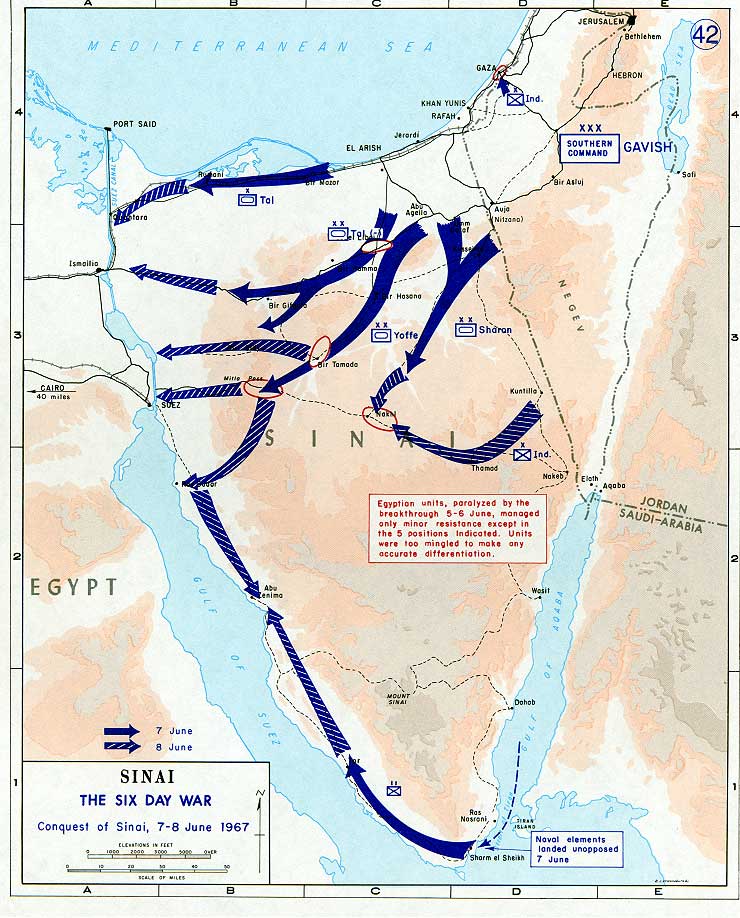
Gordon Brown, der neue britische Premier, hatte gestern seine erste „Question Time“ im Parlament zu überstehen. Dabei hat ihn der Tory-Chef David Cameron auf dem falschen Fuss erwischt, als er danach fragte, warum die extremistische Kalifatspartei Hizb ut-Tahrir immer noch nicht verboten worden sei, obwohl dies nach den Anschlägen des 7/7 angekündigt worden war. (In Deutschland ist Hizb ut-Tahrir seit Januar 2003 verboten.)
Zitat aus dem Parlamentsprotokoll:
Mr. Cameron: We need to act against groups which are seeking to radicalise young people. Almost two years ago, the Government said that they would ban the extremist group, Hizb ut-Tahrir. We think it should be banned—why has it not happened?
The Prime Minister: Of course, with all those details—I have had to tackle the matter at the Treasury when dealing with terrorist finance—one has to have evidence. It is precisely to examine the evidence that we instruct several investigations.
(…)
Mr. Cameron: A very interesting answer, but I asked a specific question. The Prime Minister said that we need evidence about Hizb ut-Tahrir. That organisation says that Jews should be killed wherever they are found. What more evidence do we need before we ban that organisation? It is poisoning the minds of young people. Two years ago, the Government said that it should be banned. I ask again: when will this be done?
The Prime Minister: We can ban it under the Prevention of Terrorism Act 2005. Of course— [Interruption.] The Leader of the Opposition forgets that I have been in this job for five days. [Interruption.]
Mr. Speaker: Order. Let the Prime Minister answer.
The Prime Minister: I have agreed that we will look at the issue, but we need evidence, and it cannot be just one or two quotes. We must look in detail at the evidence and I hope that the right hon. Gentleman will agree that we should approach those matters in a sustained and calm way; that we should not jump to conclusions but consider all the evidence. That is the basis on which the Government will proceed.
Mr. Cameron: But there has been a lapse of two years since the Government said that they would ban the organisation. People will find it hard to understand why an organisation that urges people to kill Jews has not been banned.
Das war gut gegeben von Cameron. Allerdings brachte die Hizb als Antwort auf Camerons scharfe Linie eine peinliche Sache zum Vorschein: Einen Brief des Tory-Chefs von letztem Jahr, in dem dieser die Kritik der Hizb an Israel während des Libanonkrieges zustimmend zur Kenntnis nahm.
Zitat laut Hizb-Website (Link oben):
The letter begins by saying that, „David is most grateful to you for your comments on relationships between western governments and the Muslim world. He fully takes on board the points put across to him…Your comments are noted and appreciated“ The letter concludes, „Thank you again for writing; your views have been taken on board“.
Commenting on this, Dr Imran Waheed, media representative of Hizb ut-Tahrir Britain, said, „Many will find it remarkably hypocritical and opportunistic that less than a year ago, Cameron was expressing his gratitude for our comments on Israel’s bombardment of Lebanon, yet now he calls for our banning, alleging that we call for the killing of Jews.“
Hat Cameron gelernt, oder spielt er einfach nur das Spiel „Regierung ärgern“ und hat in Wahrheit überhaupt keine Linie im Umgang mit den islamistischen Radikalen?
Es gibt mittlerweile mehrere Insider-Berichte, aus denen hervorgeht, wie die Hizb gegen die Demokratie hetzt. Worauf warten die Briten noch?





